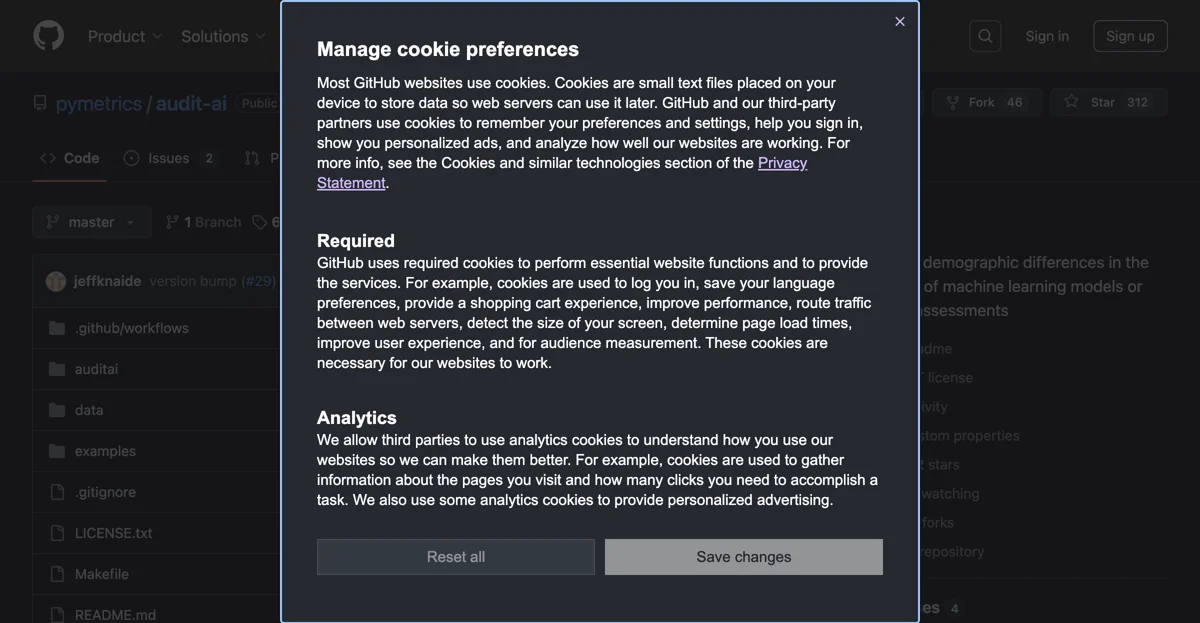pymetrics/audit-ai: A Powerful Bias Testing Tool for Machine Learning
pymetrics/audit-ai is a Python library that plays a crucial role in the field of machine learning. Built on top of pandas and sklearn, it implements fairness-aware machine learning algorithms.
This tool is designed to measure and mitigate the effects of discriminatory patterns in training data and the predictions made by machine learning algorithms. It is particularly relevant in socially sensitive decision processes where more and more decisions are being automated by Artificial Intelligence.
The library offers various bias testing and algorithm auditing techniques. For classification tasks, it includes 4/5th, fisher, z-test, bayes factor, chi squared, sim_beta_ratio, and classifier_posterior_probabilities. For regression tasks, it offers anova, 4/5th, fisher, z-test, bayes factor, and chi squared group proportions at different thresholds.
To install pymetrics/audit-ai, the source code is hosted on GitHub, and the latest released version can be installed with pip. Users also need to install scikit-learn, numpy, and pandas. The package comes with detailed documentation on how to use it, including an implementation paper and examples on how to test for bias and get plots of different tests at different thresholds.
In summary, pymetrics/audit-ai is a valuable tool for ensuring the fairness and accuracy of machine learning algorithms in a wide range of applications.

